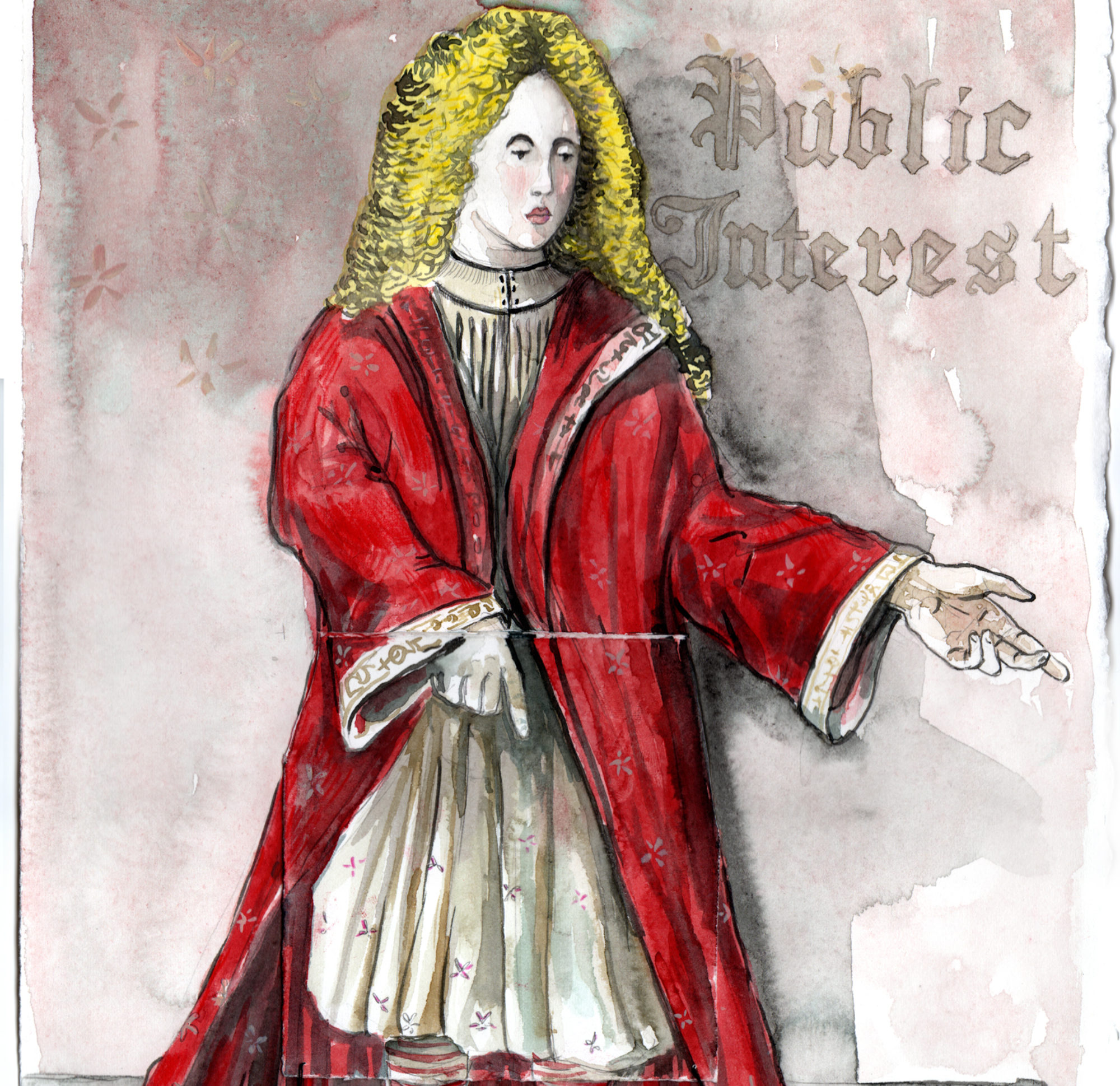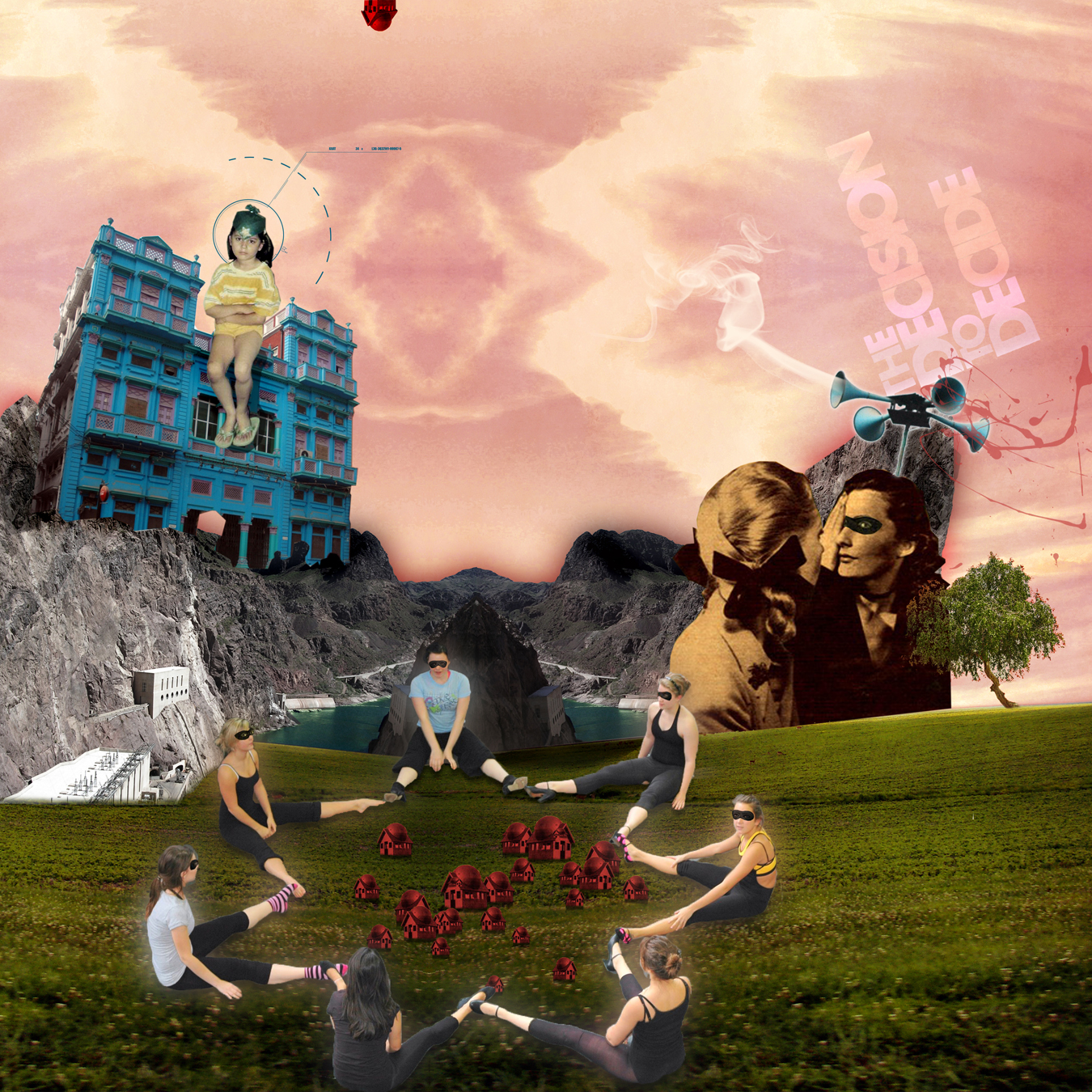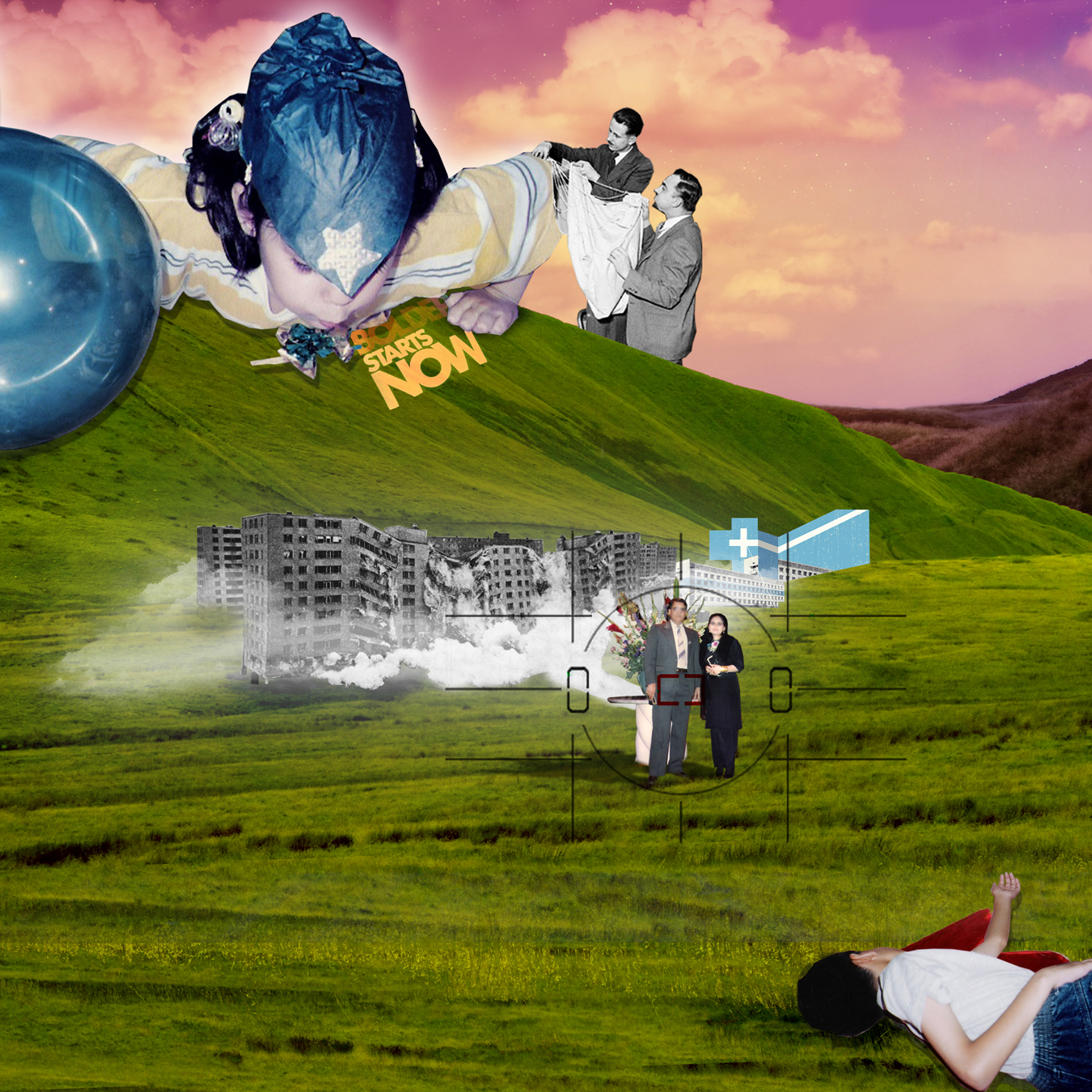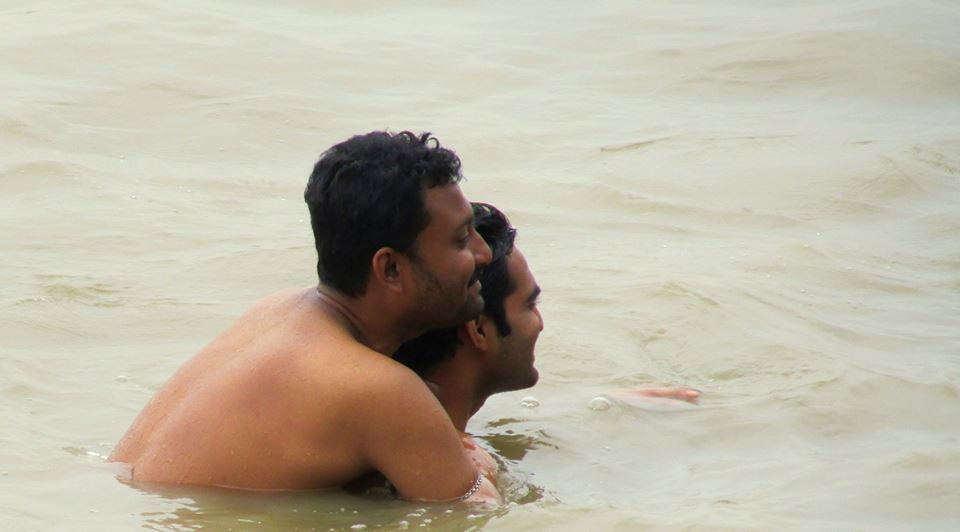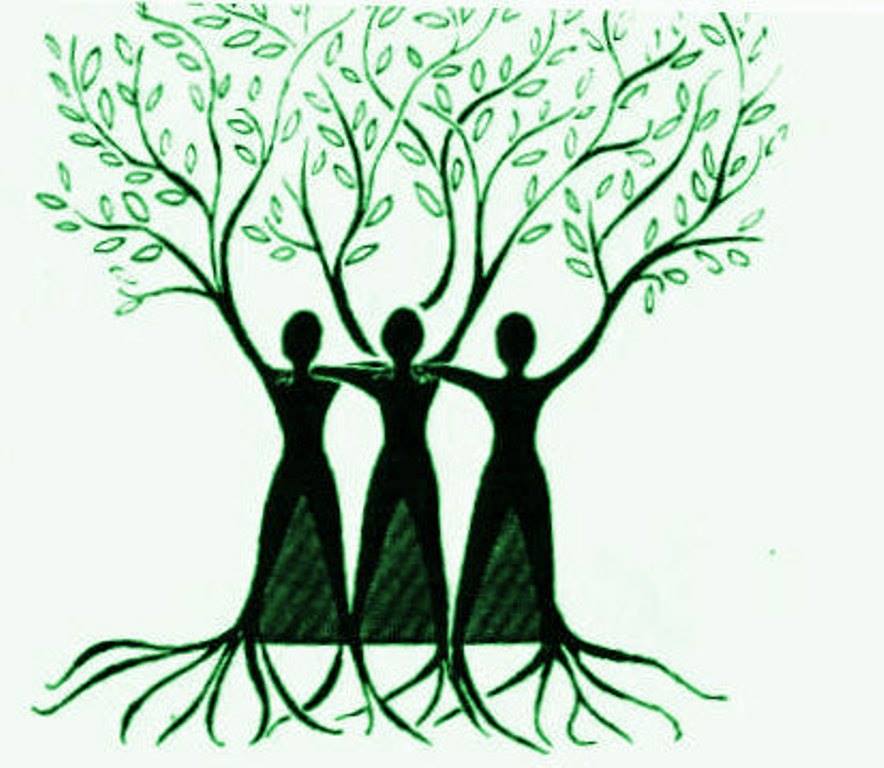Part 1 – Velocity Girl
Of What I Do Not Write
I write of desires and flesh,
Flames flickering black and red,
Touches as light as summer rain.
I write of marks and letters,
Ink that displays itself,
Silent pauses in between.
I write of sunlight and flowers,
Gossamer threads of a spider’s web,
Dried leaves twirling in the wind.
I write of spices and spaces,
Aromas that waft in through the cracks,
Amber liquids swirling, half-stubs burning.
Notice of what I do not write.
I write not of silences and screams,
Nor of the blood that drips onto the streets,
No rape mars my verse, no riot erupts,
No prostitute sells wares,
No lives, money, blood and flesh traded.
I draw the veil over their existence as others have before;
I join the ranks of history,
Comfortable.
Numb.
And judge myself guilty.
The Inscrutable North Indian Man
Living in north India as an out gay man who does not dress, talk or walk like your usual hetero Hun exposes you to some unusual insights into north Indian masculinity and I’m willing to venture that these are true of Indian masculinity all over the country, given similar experiences in metros and semi-rural sites across the country.
The first of these insights is that any, and, I repeat, any, man in India is up for a quick blowjob and a poke in the hay with another man. North Indian men are almost aching for it and hardly need a smile or some eye contact to come up and ask for it. I’ve been propositioned by autowalas, rikshawalas, random Romeos on street corners and, of course, many married unclejis. I, of course, research masculinity, and so am ready for such encounters merely for the sociological riches they offer. Giving some overheated Jat hottie a blowjob at the end of a long interview does not seem like a bad deal at all to me. I am quite happy, as you can imagine, to oblige.
The north Indian male of the species is usually a gym bunny who wears an obviously fake tight T-shirt with the high-end brand name on it spelt wrong and jeans with designs on the back pockets in gold bits and baubs. His chest and biceps are quite disproportionate to the rest of his body, especially his spindly legs and his tight, bulging crotch may just be the effect of a badly dried pair of boxer shorts curling up at the edges and full of stiff, dried-up semen in the middle. But he is high on himself, clearly thinks he’s hot and will gladly wax eloquent on why he goes to the local gym everyday: which is to be healthy, look good, win the women and be able to defend them when the time comes. Matters will soon turn to sex and then, after some minutes of strenuous denial…. well, you have to get as many questions in before it is time for the payback.
So, there’s insights two, three and four for you: one that, bulky and ugly biceps and chests are what north Indian men, and, once again, Indian men in general, think makes them hot. Two, Indian men love themselves and think strength means big bodies with which to defend women in the big bad jungle that is contemporary Indian life and three, that every Indian man has done a man at some point in his life and will do a man again, with an interlude of denying any such possibility as ever being part of his universe, an interlude that lasts all of five minutes.
The north Indian man will tell you that he works his body to win the respect of his male friends and that feeling each other’s biceps is just part of the respect-winning exercise and nothing else; he will always maintain that there is competition between the men who work out, but none of it is even remotely sexual. If he’s in a good mood, he’ll tell you that sex is not a good thing and losing semen is like losing blood and must instantly be replenished by lots of protein-rich food. If he is insane (and believe you me, a lot of them are), he will speak to you of the perils of crooked penises, of nerves in the penis that must be pressed and those not pressed and those that never should be pressed lest it lead to imbalance of fluids in the body. No doubt much of this invaluable information has been gleaned from local, indigenous quacks who are visited for a variety of reasons, from erectile dysfunction to general susti which needs an ilaaj.
Of course, as you might have gathered by now, this is not the South Delhi upper class gym bunny (who will never participate in such a conversation and will have gay sex, when he does, only in the toilet of a farm house at some dismal gay party) but the Hindi-speaking mofussil boy from interior Delhi or Haryana, Punjab or Uttar Pradesh. The next thing you will learn is that this guy does not keep his conch clean. So, you must be ready with what I call my smegma kit: a small towel (or the spare toothbrush, if you don’t like the vibe of the guy too much or you think he needs to be brought down a few notches with some good, old-fashioned penile scrubbing), a small bottle of water (and flavoured condoms if you are a sucker for candy and super-safe sex). All, or some, of this must be used before you hunker down.
The next insight is that sex for the north Indian man is only the butt-fuck and the blowjob. Nothing else matters and when it comes down to it, they’d settle for only the butt-fuck. If you are not up for it, they are sorely disappointed and will still hit on your ass crack, fuck you between the legs, in the space between your asshole and thighs and generally anywhere there anyway. The other insight is that their women are not giving them blowjobs. Lower middle and working class Indian women do not do blowjobs. They think it is dirty and they simply refuse and our macho men have no option but to deal with that. Of course, they would not dream on going down on the women, so in some sense the women are only being fair. One of my fuckbuddies, an autowala, wants to meet me everyday only because his wife will not go down on him. The only thing he likes other than the blowjob is for me to suck his man-tits. Which leads me to my next and final insight, the father of all insights.
Suddenly, in the middle of it all, the testosterone-ridden, supermacho, overheated, aggressive, abusive north Indian man will turn around and ask you to pound his ass.
Amen.
Women and Expression
Who can legitimately have a say on the topics of sex and sexuality? This is determined by one’s relationship to privilege. We know that whereas one voice may be heard, many are marginalized and never heard. Therefore, before we speak about sex and sexuality, I wish to consider those voices that are often not heard within such discussions. The challenge thus is to include these Other voices within this very important discussion
In Pakistan, “poor women’s higher unaccompanied mobility was associated with a loss of prestige and susceptibility to sexual violence. Among richer women, such movement did not constitute a legitimate target for male exploitation, nor did it lead to a loss of status on the part of their families” (Mumtaz and Salway). So we know that Pakistani women face issues of access and mobility within public space specially women belonging to the disadvantaged classes. Being seen or heard in public space can lead to violence for women who cross the threshold that delineates the home as the “private” sphere and the supposedly “safe” space for women. Public space is for men, and to cross that threshold is to break the rules that govern female bodies and for this, female bodies are punished
Rules that create the public/private dichotomy are certainly not specific to Pakistan. However, do the same socially-constructed rules about boundaries apply to cyberspace? It seems, women with better educations, better access to knowledge, and access to technology and the internet have a better chance of taking part in conversations on cyber-space. Therefore, in some ways, the same rules do apply.
Another barrier to speaking openly and honestly about sex and sexuality in the Pakistani context is religion or the degree of religiosity of your family. You cannot speak about sex and sexuality if you believe that doing so is a sin or can lead to sin. Such beliefs are fed to women at an early age in order to keep them from having agency over their own bodies. “Your body does not belong to you; it belongs to your father, brother, and husband.” Therefore, you need not think of your own needs, desires, health, or anything else that makes you a whole person. In fact, women are taught to deny themselves pleasures in order to achieve piety which we are told comes with rewards in the afterlife. However, there will not be 40 virgins waiting for you women next to streams flowing with milk and honey. The Muslim male subject is conceived of as a whole person, with an active sexuality and deserving of more sex and sexuality in the afterlife; the Muslim female subject is not.
The politics of self-expression is premised on a notion of a subject who is capable of being self-reflexive, inward-looking, self-contained (Majeed), and whole, who belongs to himself, and not to his mother, sister, or wife. Supposedly, the right to legitimately express opinions and ideas belongs to only those who have agency, who own themselves and therefore can look within themselves and speak from their whole selves.,Muslim women are taught that they do not have “right” to express themselves the same way as men. We are told that we must let our (mostly male) ‘guardians’ decide on our behalf. For those women who believe that their sense of piety and honour is in jeopardy if they speak out about sex and sexuality, these women will not, for example, be part of the discussions here.
I do not assume that women lack agency; I believe they do have the option to believe that a sense of piety and honour is not at stake if they make claims over their own bodies and choose to speak from their bodies. I believe that honour and piety should depend on the strength of your faith in humanity and social justice; and I believe that they themselves choose to stay silent in spaces where I believe their opinions are much needed and their insights much valued. Is it not said, “Speak up or be spoken for”? At the same time, I also know that patriarchy has made it so that speaking up comes with a price, one which many women are unwilling to pay; so they do not speak up in fear of punishment or loss of social capital.
The point is, when “we” as Pakistani Muslim women come to the table to speak about issues of sex an sexuality, “we” are not on an equal playing field; therefore, some voices have more weight than others, and still others are silent altogether. We also have different and at times conflicting concerns. Once we recognize these differences between women, only then can we start to think of ways to alleviate the inequalities, if we believe that we all have the right to express and be heard.
Works Cited
Mumtaz, Z. and S. Salway. ” ‘I never go anywhere’: Extricating the Links between Women’s Mobility and the Uptake of Reproductive Health Services in Pakistan.” Social Science & Medicine. 60:8 (April 2005). pp. 1751-1765.
Majeed, Javed. “Being Middle-Class in South Asia.” History Workshop Journal. 65: Spring 2008. pp. 247-252.
Why I Want to Talk about S-E-X
Sexuality, to me, is about wholeness. It is about being human. It is about self-expression, and spirituality, and passion, and fun, a whole kaleidoscope of experiences, a microcosmic and macrocosmic reflection of life. As a Pakistani woman, it has been difficult and painful to witness myself and other women growing up with ignorance and active suppression of our sexual selves. How do we live an authentic life in such a circumstance, not knowing such vital, vibrant parts of the self? How do we participate as active agents in the world when we are ignorant of one of the greatest sources of power and energy within ourselves? And, what happens when that same power, and infinite source of pleasure, is subjugated to the will of others through often brutal relationships based on power and domination? When the basic instinct seems to be survival, how can we learn to love?
The trauma that most young women go through during adolescence, upon the onset of menstruation, and the beginning of changes in their bodies is a great cause for concern for me. There is usually a lot of shame associated with these experiences, augmented by the way families usually deal with them, and a shocking lack of information about what is happening, especially vis a vis sexual changes that occur. There is a double standard, in that adolescent boys are expected to start masturbating and become interested in women, though this knowledge is tacit and not necessarily talked about openly. Whereas, young women are expected not to have any sexual feelings at all but, simultaneously, become sexual objects for the male (and the female) gaze, usually a very disturbing experience. Young women are hence at once regarded as both hyper-sexual beings with a resultant heightened consciousness about developing and therefore covering their bodies; as well as having no sexual being up until the day (or rather the night) of their marriage, when they are expected to consummate marriage with someone who is often a virtual, if not a real, stranger. Needless to say, the lack of information and communication between the sexes oftentimes leads to traumatic first experiences, and some never recover.
In order to transform the dominant paradigms of relationships in our lives, based primarily on manipulation, power and control, I feel a stark need for us to connect to sources of power within ourselves, most potently through opening up to our own sexuality. We need, as men and women, to connect to our sexuality in a more loving, nurturing and non-dominant manner, seeing it as a sharing as opposed to a conquering, and seeing women’s engagement with our sexuality not as shameful (an attitude that many women themselves internalize) but as natural, exuberant, joyful and a cause for mutual celebration! In this way, we may start to feel more power over our own lives, and can become actively loving participants in all of our relationships, sexual and non-sexual alike.
But, how do we construct a different reality for ourselves when we have been exposed to the system all our lives? I would like to use the framework of global justice activist Starhawk to frame some answers. She writes in her book, Truth or Dare, Encounters with Power, Authority and Mystery,
Compliance begins with belief. The authority, the institution, constructs reality for us, by limiting our sources of information and giving us the information it wants us to believe. (Starhawk 79)
So, in order to explore our sexuality, we need to create access to sources of information (within ourselves and with others) that can help us challenge the all-pervasive picture of sexuality, gender roles and dynamics that works for the dominant cultural paradigm in Pakistan. We need a means to create a transformation of inner consciousness, a sacred place that allows us access to parts of ourselves that have been limited, suppressed, silenced by our culture. Then we need to build bridges between this inner consciousness and our actions in the world.
But this path is not an easy one. Starhawk points out, “The rules tell us how to behave, what to do, and what not to do, and how we will be punished if we disobey” (Starhawk 79). This is how communities, society or an institution can exert control on individuals. Follow a certain pattern or paths or prepare to deal with the consequences, it says. So how do we bring a change of consciousness within our community, and then equip individuals with the wherewithal to engage with their lives keeping this new consciousness intact? Starhawk writes
When we are embedded in negative systems, only acts of resistance and refusal can move us in positive directions. Only by refusing to withdraw, to blank out and disappear, can we become present in the world and begin to create. And creativity itself may be an act of resistance, the ultimate refusal to accept things as they are. (Starhawk 86)
Hence, to connect to our own authentic sexual selves and engage in personal, and hence, communal transformation becomes not just a joyful, self-validating endeavor, but almost a moral and ethical obligation. But rule-breakers are generally regarded as trouble-makers. So, why should we want to risk such hardship, such difficulties? We should, because there is no other choice.
A life of compliance is a life of denial. We deny the body. We feel sick— yet we go to work. We feel hungry— yet we don’t eat. We deny feelings— for the jail requires that we suppress our emotions, especially our anger and our rage that might lead to rebellion. Obedience has its cost: the destruction of the self. To be good is to be a slave, unfree. When we comply, when we aid the system in its ultimate disregard and destruction of us, we hate ourselves. We know that we have been stupid, blind, weak. And so we cannot comply all of the time and live. At times, we must rebel. (Starhawk 81)
We can not live at all, if we cannot live fully, completely. Rebellion, however, despite being the impulse towards freedom and life, does not change the system. It seeks an escape from the system through “bad” behaviour. It escapes using the choices that are given to the individual by the system. The rebel is isolated and used as an example for reprimand by the authorities. For Starhawk, resistance is the productive way to rebel because it is more systematic, is consciously chosen and is sustained or is sustainable over a long period of time. “To resist is to engage reality, to act. Awareness, emotion, are not enough. Resistance is only real when it is expressed through action” (Starhawk 86). Resistance happens when we make choices outside the scope of the system. We do the unexpected; we behave in ways that do not fit in with the paradigm the dominant system purports.
For me, such resistance is a communal effort, a chance to bring about an actual change in the reality of our lives, and in our community. It puts the power to create and explore authentic ways of living that resist prevailing assumptions about women, men, and others and how they relate to one another right where it belongs— in our collective hands.
Works Cited
Starhawk. Truth or Dare, Encounters with Power, Authority and Mystery. San Francisco: Harper & Row Publishers. 1987
